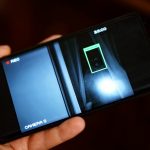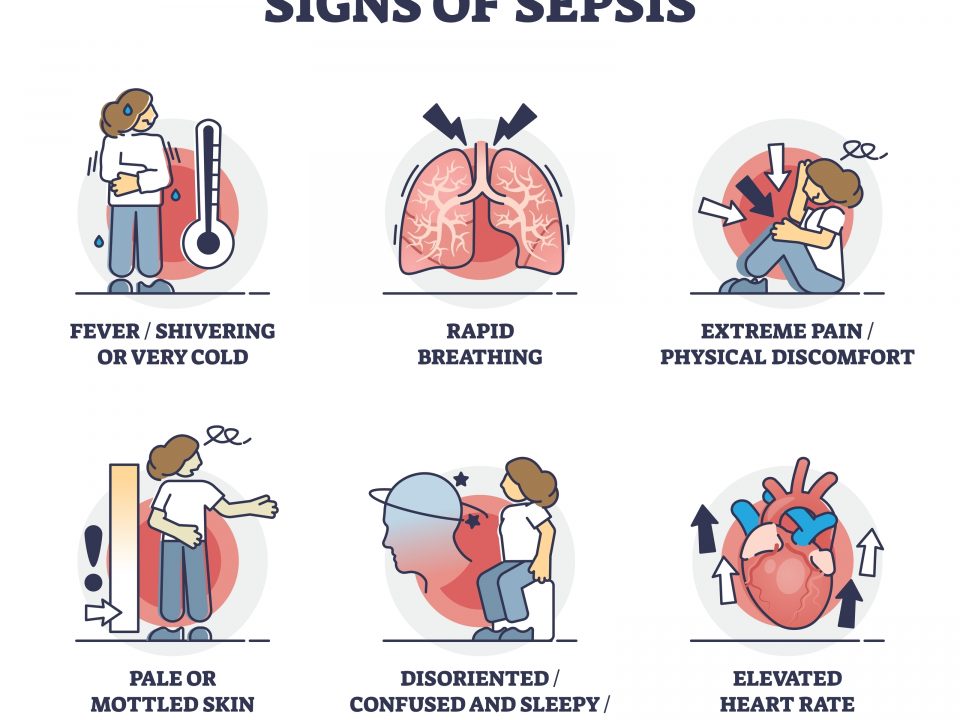
Surveillance evidence – What are the risks for expert witnesses?
14th November 2025
Memory versus Contemporaneous Notes: What MW and EW v Wilkinson Teaches Practitioners
5th December 2025I am sitting on a train traveling to Edinburgh for a university re-union for the Class of 81.
Much has changed since I qualified as a doctor and it is sometimes good to reflect how advances in medicine have benefited patients over the time I have been practicing.
Myocardial infarction ( heart attacks)
As a medical student, the purpose of a Coronary Care Unit was to monitor patients who had a myocardial infarction (heart attack) and be able to rapidly reverse life threatening dysrhythmias with defibrillation. While there were also drugs to support the heart, active intervention to unblock any of the cardiac arteries was not a standard clinical practice.
Today those suffering a presumed heart attack are rapidly transported to a “heart attack centre”. There, they are met by cardiologists and taken straight to the catheter lab where Primary Percutaneous Coronary Intervention occurs. This procedure inserts stents into the arteries to restore blood flow and prevent muscle death in the heart. Prior to the advent of percutaneous coronary intervention, thrombolytic drugs (clot busters) were administered. Whilst these powerful drugs perform the same function without the need for “surgical” intervention, they are still used in some rural areas where transport to a major centre cannot happen in a timely manner to prevent heart muscle death.
Strokes
The management of a patient suffering from a stroke was, in my early clinical days, purely supportive and often in non specialist general wards.
During my career, specialist Stroke services have developed where active rehabilitation is encouraged. The medication given at the onset of a stroke, in a similar manner to cardiac disease, now consists of thrombolytic drugs. Some patients now undergo a thrombectomy to surgically remove clots in the cerebral circulation that have developed over the time
Major Trauma
My first job after graduating was at the predecessor of a trauma centre, the Birmingham Accident Hospital. Very rarely did hospitals have this high level of trauma good practice at that time. In general I found that the reality of early trauma systems in the NHS, during my training, were less coordinated than they are today.
The development of a standard system for trauma management, the ATLS course, imported from the USA helped give some standardisation but this took time before trauma care was regionalised alongside a development of a nationwide network of trauma centres and trauma units.
Many of the advances in trauma care have been developed from lessons learnt by the military, in the conflicts that have occurred during my medical career. These lessons and advancements have been incorporated into civilian clinical practice.
Infectious diseases
While at medical school we were taught about the importance of preventing needle stick injuries to prevent spread of Hepatitis B as a number of clinical staff had died from this in Edinburgh.
HIV had been idenitifed early in my training but the spread and the probable fatal consequences of it were as yet not appreciated. Advances in care now mean that HIV can be controlled well and those living with it can live long lives.
Our teaching of tropical diseases talked about the spread of malaria due to foreign travel with the vector being not the mosquito but the long haul aircraft.
Since that time we have had more imported infections such as Ebola, Sars & Mers all providing challenges in isolation and treatment.
Of course the greatest challenge was the Covid 19 pandemic where the pattern of treatment, the ability to rapidly confirm the diagnosis and immunisation demanded rapid development. These key factors were challenges that stressed the whole healthcare system, not just in the UK but world wide too.
Emergency Medicine
When I qualified, the title for my own speciality was still Casualty or A&E and departments were often overseen by consultants from a number of in-patient specialities.
There were very few consultants in A&E when I started training and when I became part of the Training scheme in Emergency Medicine, there were 5 Senior Registrar posts in the West Midlands.
Now there are around 100 trainees at all stages of their training in the same region where I still work as a consultant.
We established an Intercollegiate Faculty of Emergency Medicine which then became a College which finally received Royal Patronage from the Princess Royal Princess Anne and the Royal College of Emergency Medicine.
At the same time the College gained a curriculum and offered exams for those wanting a career in Emergency Medicine, enabling them to have a career pathway starting immediately after completing their foundation training.
Medico-legal viewpoint
There have been many advances in both diagnostic tests and treatment options during my career and sometimes it is the failure to undertake complex investigations or revolutionary treatment that forms the basis of allegations in a Letter of Claim.
However in my practice there are as many allegations based on the simple clinical skills I learnt as a medical student. These skills generally consist of taking a history, performing a focused but comprehensive examination and recording in the notes both the positive findings and the negative findings that help to exclude alternative diagnoses.
In conclusion while there have been many changes during my professional life the key skills I continue to practice are those I learnt as a medical student and it is those lifelong skills that still are key to being a reasonable and responsible clinician.




